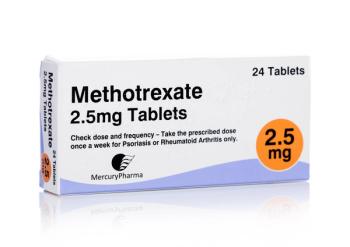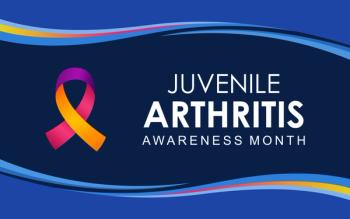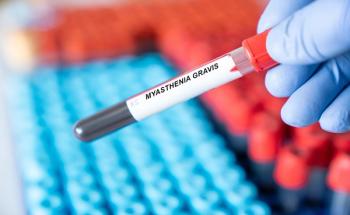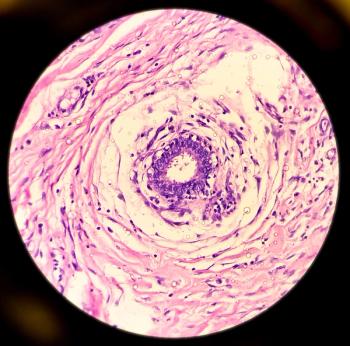
Immunology
Latest News
Latest Videos
Podcasts
CME Content
More News

This article presents a systematic review of US health care disparities in physician specialist access across rheumatology, dermatology, and gastroenterology and a call to action.

Methotrexate significantly lowered systolic blood pressure compared with sulfasalazine in adults with newly diagnosed rheumatoid arthritis, suggesting potential cardiovascular benefits beyond its anti-inflammatory effects.

A global analysis showed that absolute deaths and disability-adjusted life-years related to smoking-attributable rheumatoid arthritis have continued to rise since 1990.

Women and adults younger than 65 years face higher risks of certain degenerative valvular heart disease subtypes than men and older adults, according to a study.

By week 16, researchers found 87.8% of patients achieved a satisfactory humoral response.

More than 8 in 10 patients with rheumatoid arthritis were taking 5 or more medications at once, a practice linked to older age, multiple comorbidities, and more than 2000 potential drug-to-drug interactions.

Janet Pope, MD, MPH, discusses screening and diagnostic approaches for interstitial lung disease in patients with systemic sclerosis, rheumatoid arthritis, and other connective tissue diseases.

This article presents a systematic review of US health care disparities in biologics access across immunology (ie, rheumatology, dermatology, and gastroenterology) and a call to action.

Real-world data suggest anti-TNF biosimilars for juvenile idiopathic arthritis offer comparable efficacy and safety to their brand name counterparts.

A new review explores the complexities of cow's milk allergy in breastfed infants, including symptoms, diagnosis challenges, and the impact of maternal diet.

Many patients value conversations with their rheumatologists and oncologists more than just reading information from a website.

The lifestyle intervention included a whole-food plant-based diet, exercise, sleep, and stress management components.

High infection rates among younger adults suggest they either delay routine dental care and only seek treatment when conditions become severe, or face more barriers.

Researchers called for standardized health outcome descriptors to help bridge communication gaps in rheumatology care and improve shared decision-making.

Osteoarthritis leads the burden, projected to affect 50% of postmenopausal women by 2045.

Belimumab is now the first and only subcutaneous biologic therapy approved for at-home administration in pediatric lupus nephritis.

Tocilizumab alone and in combination with methotrexate outperformed the latter drug in patients who did not adequately respond to conventional synthetic disease-modifying antirheumatic drugs.

Anti-acetylcholine receptor antibody (AChR-Ab) titers and the AChR-Ab rates of change correlated with myasthenia gravis disease severity scores in a recent study.

New 2-year data show the long-term effects of bimekizumab on hidradenitis suppurativa, indicating its potential as a valuable treatment option for patients.

The Vivacity-MG3 study is currently in its open-label extension phase, which is investigating the longer-term safety and efficacy of nipocalimab for myasthenia gravis.

On October 14, 2024, the FDA approved a 320-mg single dose of bimekizumab-bkzx (Bimzelx; UCB) in a 2-mL prefilled syringe and autoinjector; both forms are now commercially available in the US.

In part 2 of our interview with Katie Abouzahr, MD, Johnson & Johnson Innovative Medicine, we discuss the challenge inherent in treating adolescents who have the myasthenia gravis and how nipocalimab works via FcRn blockade to reduce the circulating autoantibodies that drive myasthenia gravis.

This case study explores a rare overlap of hidradenitis suppurativa and porokeratosis, as well as highlights the unique histopathology and complications

Christopher Sayed, MD, discusses how hidradenitis suppurativa typically presents and looks forward, following the November approval of bimekizumab.

Generalized myasthenia gravis (gMG) is an autoantibody-driven chronic disease for which there is no cure.













